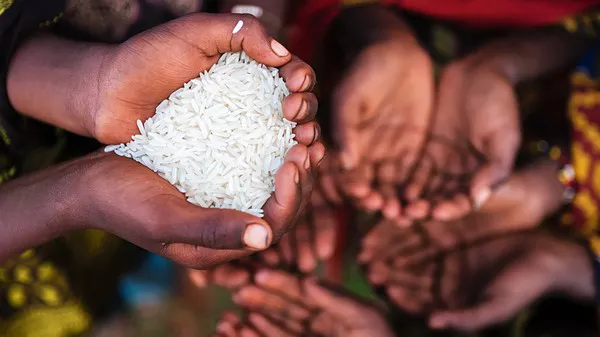The World Food Programme (WFP) has reinstated food distributions to refugee families residing in camps across Ethiopia, offering a lifeline to thousands who have faced hardships due to the suspension of aid in June, which was prompted by concerns of significant diversions.
The resumption of food assistance for refugees is of utmost importance. Approximately 35,000 individuals, including new arrivals from Sudan, who have sought refuge in Ethiopia over the past six months, are in urgent need of food aid. Ethiopia is home to an additional 850,000 refugees, primarily from Somalia, South Sudan, and Eritrea.
Recent hunger data underscores the deterioration in refugee food security in recent months, resulting in increased malnutrition, heightened tensions within the camps, and perilous journeys across borders.
Valerie Guarnieri, Assistant Executive Director of the WFP, emphasized the vital role of food assistance, stating, “Food is a lifeline for refugees living in unimaginably hard conditions, and it’s a relief that we now have measures in place to resume vital support.”
The resumed distributions will take place in seven regions and will include provisions of cereals, pulses, vegetable oil, and salt. Some beneficiaries may receive part of their entitlement in the form of cash assistance.
The resumption of food assistance follows significant reforms in refugee camps throughout Ethiopia. The WFP has assumed exclusive management of 24 warehouses in these camps. Additionally, refugees will now undergo digital enrollment for support using the Global Distribution Tracking Tool operated by the United Nations refugee agency, UNHCR.
To enhance support for refugees, feedback and reporting systems have been improved, and more non-governmental organizations have been trained by the WFP to manage food distributions.
The WFP has also made strides in implementing measures to resume food distributions for millions of food-insecure Ethiopians. These measures involve direct collaboration with communities to identify and target the most vulnerable individuals and digitally register them for assistance. Enhanced logistics and distribution mechanisms have been put in place to enable precise tracking of support provided to each family.

